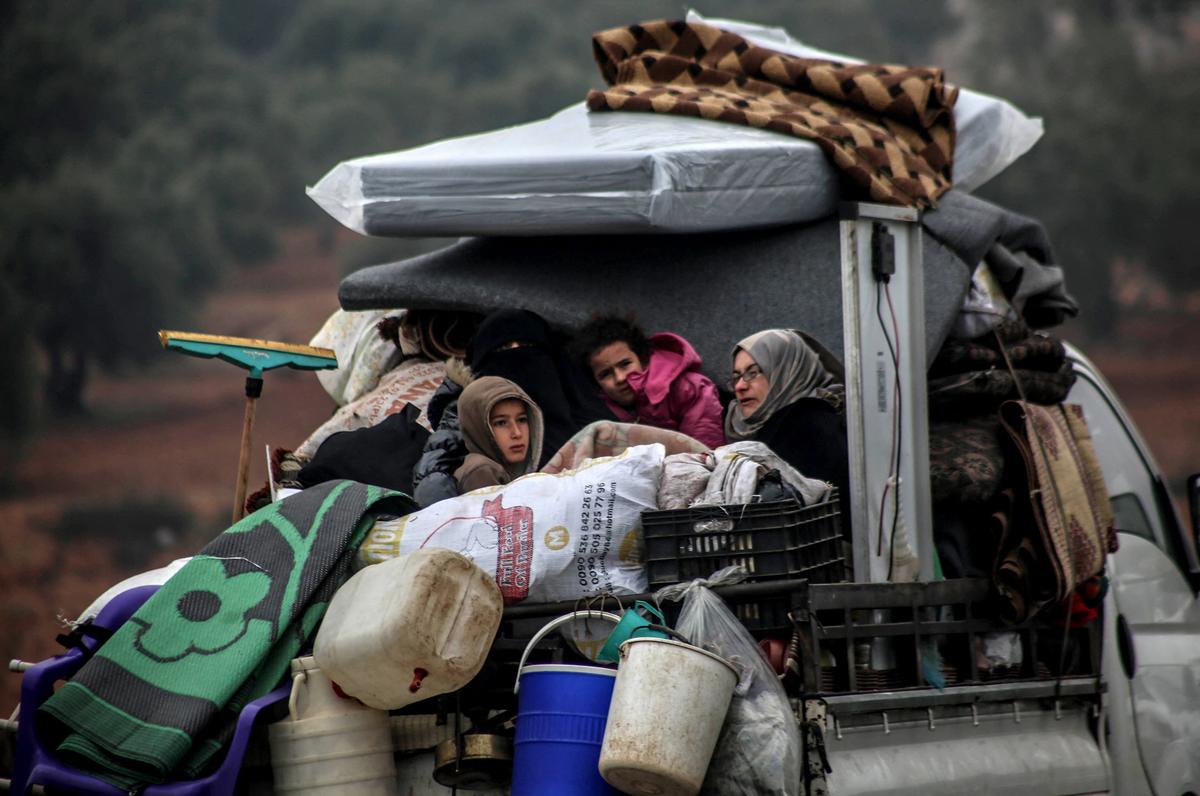A grandma's flight from the hell that is Mogadishu
A grandma's flight from the hell that is Mogadishu

GALKAYO, Somalia, August 31 (UNHCR) - Aisho Warsame woke up one morning and realized she couldn't take the noise of the shelling and bombing any more. She had to leave Mogadishu or she would go crazy or, most probably, end up dead.
"The streets of Mogadishu are completely deserted, the few people who are left there are too scared to leave their houses," the 62-year-old told UNHCR in the safety of Galkayo, a town 700 kilometres north of the Somali capital. "All you see in the streets are the bodies of people killed by bullets or mortars."
Aisho fled the city three months ago with her four children and six grandchildren and made her way on foot and by bus to Galkayo, where she has found shelter in a camp hosting thousands of desperate people displaced by the seemingly endless fighting.
But although she has almost nothing in Galkayo, Aisho has no regrets about leaving Mogadishu. "Living without the fear of being killed is a luxury," she stressed. There are certainly no other luxuries for her here: she lives in a small makeshift shelter that offers almost no protection from the elements.
Moreover, she and her family have precious little food and water, relying on others for what they do have. Her grandchildren have no school to attend.
Galkayo, which lies on the border between south-central Somalia and the northern Puntland region, hosts an estimated 45,000 displaced people, mainly from Mogadishu and other areas of the south and centre. The security and economic situation is fragile and UNHCR provides some assistance to new arrivals as well as running skills training and income generating activities.
Despite the daily hardship of her life, Aisho clings to the hope that things will get better, though she can't help thinking about the past and her struggle to escape the hell that Mogadishu had become.
"All the people who are left in Mogadishu now are the ones who don't care about life. To survive or to die is the same for them because, in Mogadishu, there is no life," she said, adding that many people no longer had the strength or financial means to even bury their dead relatives.
It was one thing deciding she must leave, but Aisho lacked the money to pay for transport out. "I begged for months," she said, adding: "I had never begged in my life before and I cannot explain how that made me feel. Every time I saw a well-dressed person, I would run and start asking for money. I felt so ashamed at the beginning, but I had no choice - I had to do it for my children."
Many other women and children did exactly the same, tramping the dangerous streets around markets and residential areas for hours each day. "Women are forced to go out and look for food, but they never know if they will return home," Aisho noted. And most of the time, those that navigated the streets safely came back empty handed. Aid distributions are very rare.
Life became even worse for Aisho and her family when their home was damaged by a mortar round. They slept in the ruins of the roofless house for weeks. And then the worst blow - her husband died.
He had carted garbage and construction material in a wheelbarrow to keep the family alive, making enough money for a few cups of maize a day. "It was not enough to feed us, but only to keep us alive. My children were constantly asking for food," Aisho recalled.
After her husband died, Aisho continued working to save up for her passage out of Mogadishu. By mid-May, she had saved enough and boarded a bus for Galkayo. But as she confronts the reality that she will never see her husband again, Aisho is happy to be far away from her home town and with her family. "I should be grateful to God," she sighed.
Aisho is one of 1.4 million internally displaced people living in appalling conditions in Somalia, scene of one of the world's worst humanitarian crises.
By Roberta Russo in Galkayo, Somalia












